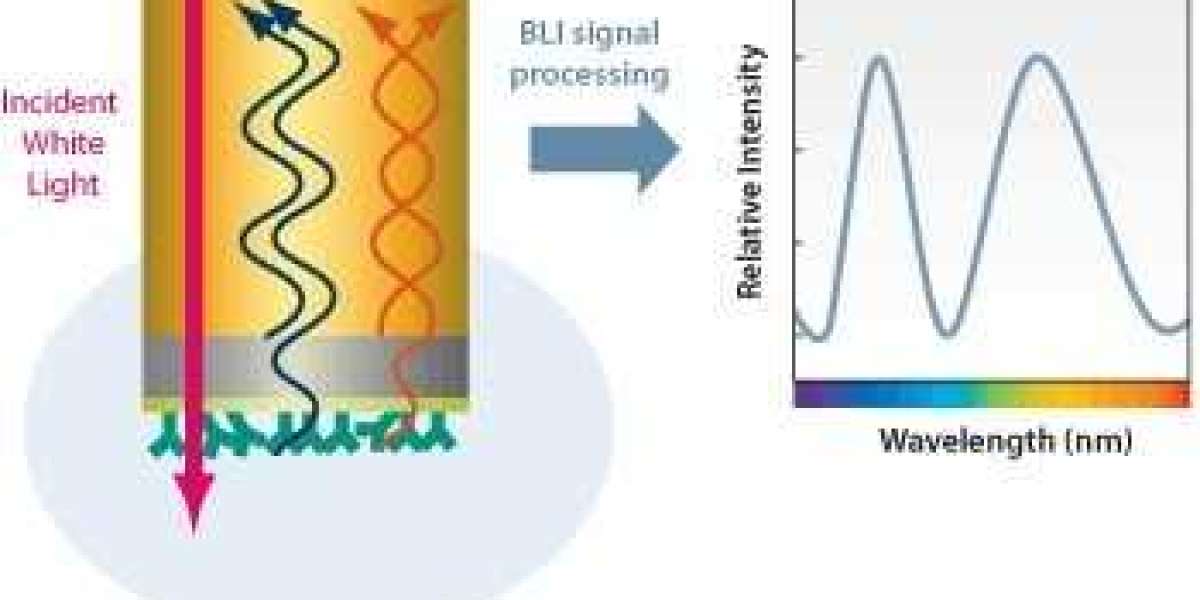CD BioSciences recently announced the launch of its bio-layer interferometry (BLI) platform. This platform aims to accelerate biomolecular interaction analysis, allowing for more efficient drug discovery and development processes.
Bio-layer interferometry is a label-free, real-time, and high-throughput technique used for studying biomolecular interactions. It leverages the principle of bio-layer interferometry, where light waves interfere with each other to create an optical signal. In the case of BLI, a biosensor tip is coated with a biorecognition molecule, such as a protein or a DNA probe. The biosensor tip is then placed in a sample containing the target analyte, and changes in the optical signal are measured as the analyte binds to the biorecognition molecule. It allows researchers to measure the binding kinetics and affinities of a variety of biomolecular interactions, including protein-protein, protein-small molecule, protein-DNA, and protein-lipid interactions.
With the BLI platform, CD BioSciences can provide testing services for a variety of biomolecular and comprehensive analysis services. From the detection of protein, nucleic acid, and antibody to protein-DNA interactions and many other molecular interaction assays, their BLI technology solutions can cover research needs in the field of drug discovery and development.
CD BioSciences’ BLI platform offers several advantages over traditional BIA techniques, such as surface plasmon resonance (SPR) or isothermal titration calorimetry (ITC). This platform is able to measure biomolecular interactions in real time, enabling researchers to study complex binding mechanisms and determine the rate constants of association and dissociation. Additionally, BLI requires relatively low sample volumes, making it suitable for studying precious or limited samples. Moreover, the BLI platform also offers flexibility in experimental design. It allows for multiplexing, where several analytes or reference compounds can be immobilized on different biosensor tips and measured simultaneously. This enables high-throughput screening of compound libraries or the simultaneous analysis of multiple interactions in complex biological systems.
“With the launch of our bio-layer interferometry platform, we aim to help our clients accelerate their drug discovery and development processes,” said a spokesperson for CD BioSciences. “By providing them with access to advanced technology and expertise, we enable them to make informed decisions and bring their drug candidates to market faster.”
About CD BioSciences
CD BioSciences is known for its expertise in a variety of biofilm development projects, from biofilm detection to biofilm removal. The company offers a wide range of services, including biofilm testing, biofilm analysis, biofilm construction, and biofilm eradication. The addition of the BLI platform further strengthens its capabilities and positions it as a leading provider of innovative solutions for biofilm-related research.














